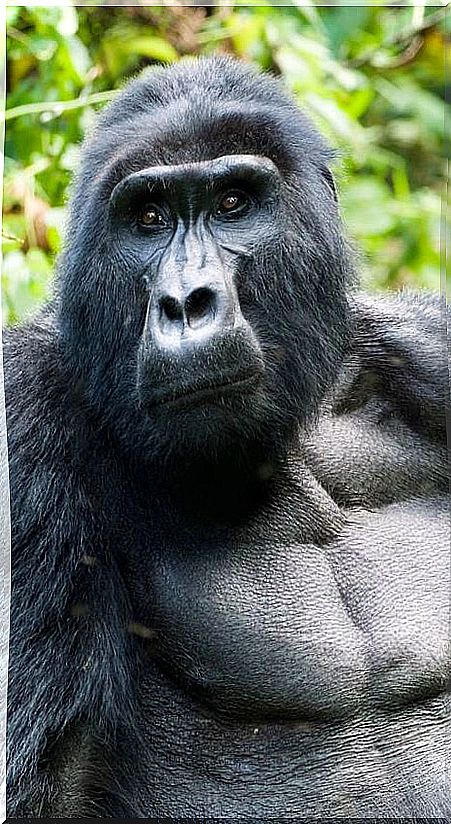Humanity Is Endangered By The Extinction Of A Million Species
The most comprehensive report ever made on the situation of nature makes it clear that humanity is decimating it and that, with it, we are putting ourselves in danger everyone.

The history of the planet accounted for five great extinctions of species, starring volcanic eruptions and meteorite impacts, such as the one that wiped out the dinosaurs (it was the fifth extinction).
The sixth great extinction is underway and the culprit is humanity, which will cause the disappearance of a million species of animals and plants in a few decades, and thus put its own survival at risk.
These are the conclusions of the largest investigation carried out so far on the situation of life on Earth, carried out for UNESCO by the Intergovernmental Platform for Science and Policy on Biodiversity and Ecosystem Services (IPBES). This platform is made up of 145 experts from 50 countries.
Humanity does not let nature breathe
Species disappear as a consequence of the invasion of natural environments by human beings, who abuse nature resources and biological wealth.
By reducing biodiversity, the supply of food and the discovery of medicines, among other human needs , are put at risk.
The rate of extinction is continually accelerating. From the 16th to the 21st centuries, almost 700 species of vertebrate animals, and thousands of invertebrates and plants, have disappeared. Right now , one million biological species of the eight million that exist are at risk of extinction.
Every 10 years 4% of species disappear
Right now, human activities alter the life of species in 75% of terrestrial ecosystems and 66% of marine ones. In these ecosystems, 4% of species disappear every 10 years. In the most vulnerable environments, such as wetlands and primeval forests, the loss of biodiversity is even faster.
Because of humanity, those who are in the most delicate situation are amphibians (40% of species are on the way to extinction), followed by corals and marine mammals.
Sustainable development will not be possible
Humanity is exploiting the Earth as if there is no tomorrow. By depleting resources, we are ensuring that sustainable development will not be possible in the coming years and centuries.
An example of what is already happening: populations of pollinating insects such as bees are plummeting , putting 75% of the world’s agricultural crops at risk (fruits, vegetables, cocoa, coffee, nuts, etc. ) with potential losses of hundreds of billions of euros.
The invasion of land to cultivate them is another great threat. Croplands grow at the expense of forests that are home to more species, especially in Latin America and Southeast Asia, where the oil palm, which supplies fat to the food and cosmetic industries, is rampant.
Unai Pascual, one of the authors of the report, researcher and professor at Iberbasque, the Basque Center for Climate Change, draws attention to one of the factors driving the loss of biodiversity: blind faith in economic growth as a driver of development.
The growth of nations’ gross domestic product, the increase in world population and international trade go hand in hand and are the causes of the harassment suffered by nature, due to the growing demand for energy and materials.
Less variety of foods
On the other hand, the loss of land quality has reduced productivity by 23% and fewer and fewer species are used in food production. This loss of agricultural diversity reduces the possibilities of coping with climate change and pests.
The president of IPBES, Robert Watson, has denounced that “we are eroding the foundations of food security, health and quality of life around the world”. And, consequently, “we are going to have problems if we do not act.”
The IPBES report has been well received by conservation organizations such as the World Wild Fund (WWF). One of its CEOs, Mike Barrett, has stated that “this is the most comprehensive report on the state of nature and irrefutably confirms that it is in severe decline.”
We have two years to react
According to Barrett, we only have two years to react, take effective action and avoid the worst consequences of climate change and biodiversity loss.
Our future depends on the decisions that governments, companies and individuals make. The report includes dozens of actions to be taken in various areas. You can download a summary in English here.









